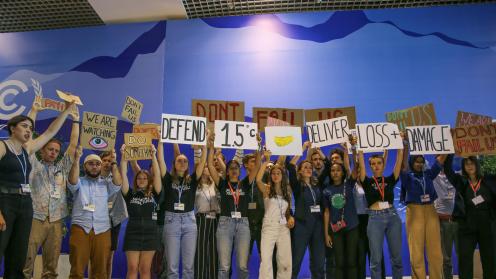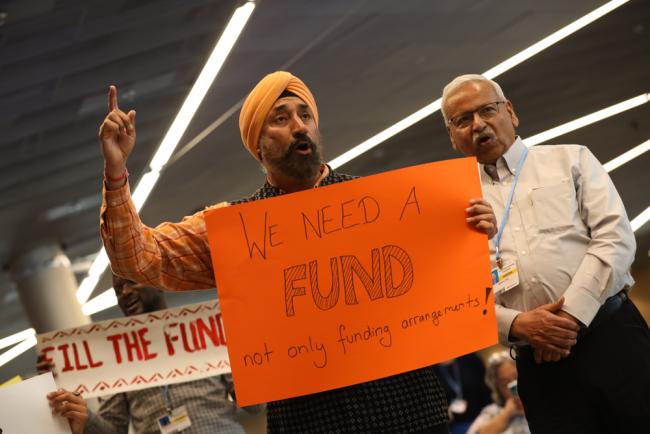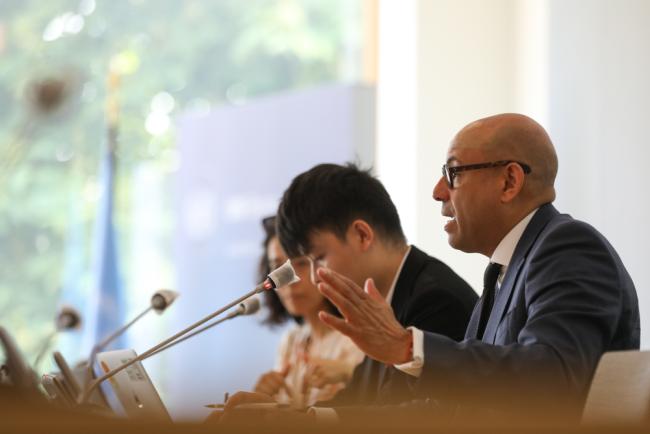The first week of the 2023 Bonn Climate Change Conference came to an end without agreement on the meeting’s agendas. While awaiting news from Heads of Delegation, negotiations on most issues proceeded as usual, with delegates debating draft text and carefully crafting bridging proposals. But the sword of Damocles remained strong over the Sharm el-Sheikh mitigation ambition and implementation work programme. Still, considering the urgent need to reduce emissions this decade, many still hold out hope for substantive progress.
Want to dig deeper? Read the full Earth Negotiations Bulletin daily report.
In one way or another, many of the day’s discussions touched upon the UNFCCC’s role and power to foster climate action. Stakeholders highlighted the signaling effect of the call for reforming multilateral development banks but underscored the UNFCCC’s limited reach when it comes to the realization of the Paris Agreement’s objective of making finance flows consistent with a pathway towards low greenhouse gas emissions and climate-resilient development. Getting there calls for a deep transformation of the global financial architecture, and for a host of actors to get on board with rethinking approaches to investment. In the technical dialogue of the first Global Stocktake, speakers also highlighted the need for a new collective paradigm that lives up to the interconnected nature of the world’s production and consumption systems.
One thing civil society organizations were adamant about is the need for the UNFCCC to address conflicts of interests. “The legitimacy of the process is hanging in the balance,” they underscored in a meeting with Executive Secretary Simon Stiell, who assured them of his intent to foster transparency and accountability.
To receive free coverage of global environmental events delivered to your inbox, subscribe to the ENB Update newsletter.
All ENB photos are free to use with attribution. For the Bonn Climate Change Conference 2023, please use: Photo by IISD/ENB | Kiara Worth.











































































